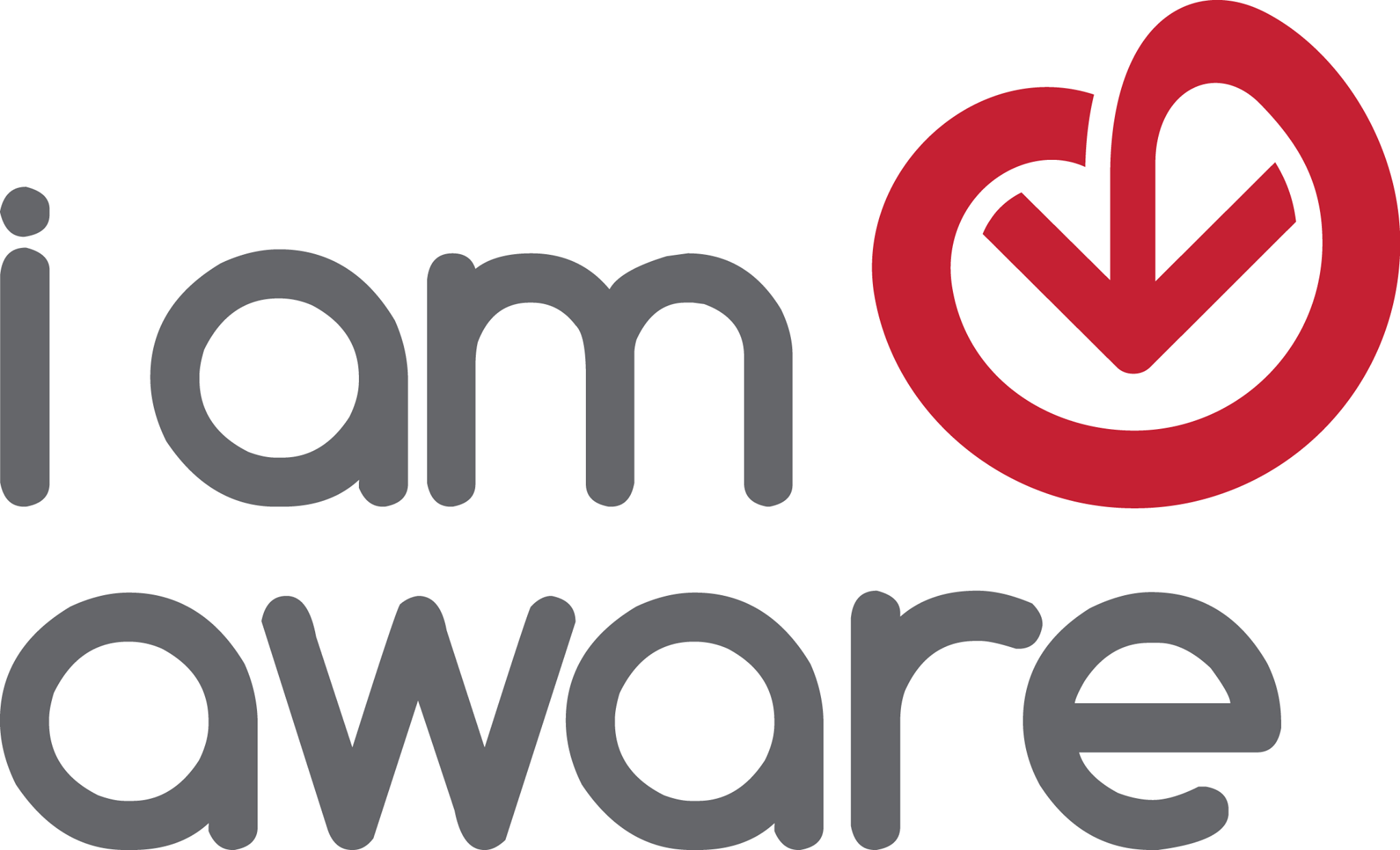Why We Collect Data on Health
Over the years, various policies have been formulated to improve health services delivery in Ghana. Recent policy and investment commitments have focused more on targeting improved access to health services, particularly for the less economically endowed in society. Some of the major policy initiatives in the health sector include the implementation of a National Health Insurance Scheme, and Free Maternal Medical Care for all pregnant women at public hospitals. In addition, improved health infrastructure provision has resulted in an expanded health infrastructure nationally and across districts.
While these policies and investments have resulted in expanded access to healthcare services to the citizenry, meeting key health sector goals and Ghana’s international commitment on healthcare and services improvement under the MDGs 4 and 5 still remains a challenge.

Data collected and sources
Infant mortality
Maternal mortality
Total hospital admissions
Number of beds per patient
Number of health facilities
Number of health workers per facility and patient.
The average range of morbidity indicators rates of reportable disease such as, HIV/AIDS, diarrhea diseases, pneumonia, anemia, and typhoid fever
This data is collected from the District Health Information Management System (DHIMS) managed by the Ghana Health Services [GHS] under the Ministry of Health [MoH] and at health facility levels through the monitoring of selected health facilities in the districts.














